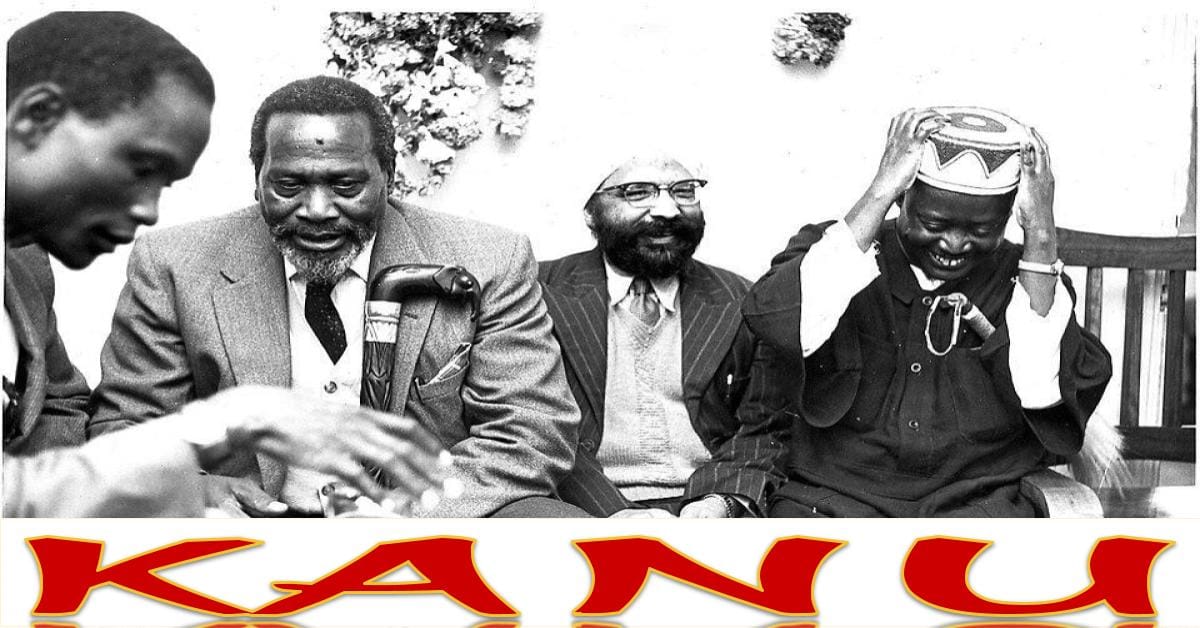🌍 EMERGENCE AND GROWTH OF NATIONALISM IN AFRICA
Key Factors for the Rise of Nationalism in Africa:
- 💰 Economic Exploitation & Harsh Taxes
- Land alienation in Kenya, S. Rhodesia (Zimbabwe), Algeria, and South Africa.
- Forced labour and mistreatment of workers.
- Africans were fed up with heavy and harsh taxation (e.g., hut tax, breast tax in Belgian Congo).
- 👑 Cultural & Political Destruction
- The gradual destruction of African culture by missionaries who dismissed traditions as barbaric. This led to the rise of independent schools and churches.
- Colonialism interfered with political institutions; traditional rulers were disregarded and replaced with colonial puppets.
- 🚫 Racial Discrimination
- The introduction of racial discrimination. Best social amenities in S. Africa, Zimbabwe, and Kenya were reserved for whites.
- Europeans propagated the myth that black people were of low intelligence, uncivilized, and backward.
- 🎓 Education & Elite Formation
- The acquisition of Western education by 1945 enabled Africans to articulate grievances and understand global political developments.
- ⚔️ Impact of World War II
- The return of ex-servicemen after WWII exposed the myth of white supremacy. The colonial government’s failure to reward them created more bitterness.
- The signing of the Atlantic Charter (1941) by Churchill and Roosevelt promised self-determination for all subject peoples after the war.
- 🌐 International Pressure & Influence
- The rise of nationalism in Asia (e.g., India/Pakistan independence in 1947) inspired Africans.
- The formation of the UNO put pressure on European powers to decolonize.
- The emergence of the USA and USSR as superpowers; the US wanted new markets and opposed old colonialism.
- The rise of Pan-Africanism, especially after the 1945 Manchester Conference, which many African elites attended.
- 🏛️ Metropolitan Shift
- A change in government in Britain from the Conservative to the Labour Party (1946) stimulated a new, more sympathetic attitude towards decolonization.
🇬🇭 NATIONALISM IN GHANA (Case Study)
Background:
- The British annexed the Gold Coast in 1874 after defeating the Asante.
- Early resistance began with the Fante Confederation (1868).
- The Aborigines’ Rights Protection Society (1897) was formed to guard against land alienation.
Factors for the Growth of Nationalism in Ghana:
- 💰 Early Cash Economy: Early introduction of cocoa farming led to faster socio-economic transformation. Government attempts to cut cocoa trees angered farmers.
- 🎓 Educated Elite: An early and large class of Western-educated elites (e.g., J.B. Danquah) provided strong leadership.
- ⚔️ Ex-Servicemen: Played a crucial role in campaigning for independence.
- 🤝 Trade Discrimination: Trading licenses were selectively granted to Europeans, denying opportunities to Africans.
- 📡 Strong Infrastructure: A well-developed transport/communication system for a small country made spreading ideas easy.
- ✨ Charismatic Leadership: Kwame Nkrumah provided cohesive, strong leadership and formed the Convention People’s Party (CPP).
- 🌍 International Exposure: Due to its location, Ghanaians were more exposed to international affairs. Nkrumah attended the pivotal 1945 Pan-African Congress in Manchester.
The Peak of Nationalism & Path to Independence:
- 🔥 The 1948 Accra Riots: Ex-servicemen protested unfulfilled WWII promises. Shooting sparked chaos, killing 29 Africans. This event popularized the nationalist cause.
- 👔 The “Big Six” Arrested: Nkrumah and other UGCC leaders (Danquah, Ofori, Addo, Adjei, Obetsebi-Lamptey) were arrested, making them heroes.
- 🆕 Birth of the CPP (1949): Nkrumah broke from the conservative UGCC and formed the radical Convention People’s Party (CPP), gaining mass support.
- ✊ Positive Action: Nkrumah advocated for non-violent protests (boycotts, strikes) inspired by Gandhi.
- 🏆 Electoral Victory: Nkrumah was jailed but won a landslide victory in the 1951 elections. He was released to lead the government.
- ✅ Final Victory: After defeating the rival Ashanti-based National Liberation Movement (NLM) in the 1956 elections, Ghana gained independence on 6th March 1957 under Kwame Nkrumah.
Achievements of CPP under Kwame Nkrumah:
- ✅ United Ghanaians of all ranks in the struggle for liberation.
- ✅ Introduced the effective concept of “Positive Action”.
- ✅ Formed the first African government in 1951 and began economic development.
- ✅ Advocated for national unity over regionalism.
Nkrumah’s Contribution to Pan-African Liberation:
- 💰 Funded nationalists in other countries (e.g., Guinea, Algeria).
- 🤝 Supported leaders facing threats from colonial powers (e.g., Patrice Lumumba in DRC).
- ✊ Championed trade unionism in Africa.
- 🤝 Initiated the Ghana-Guinea Union (1958) as a step toward African unity.
- 🏛️ Convened Pan-African conferences in 1958 that paved the way for the formation of the OAU in 1963.

